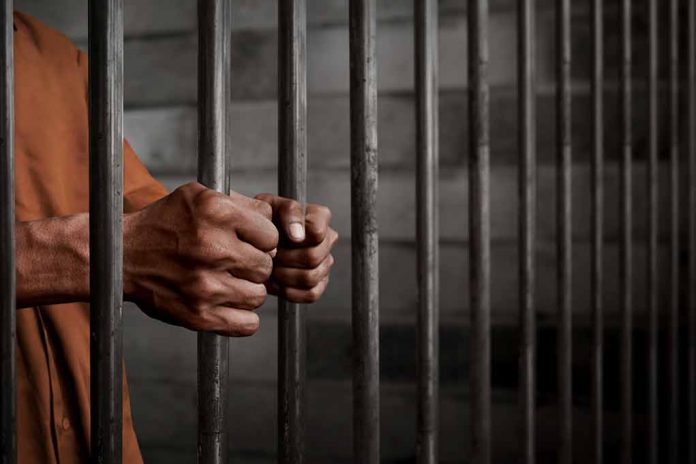
Alabama executes Demetrius Terrence Frazier using nitrogen gas, marking the fourth such execution in the United States.
Key Takeaways
- Demetrius Terrence Frazier was executed in Alabama for the 1991 rape and murder of Pauline Brown.
- This marks the fourth execution by nitrogen gas in the United States, with Alabama being the first state to implement this method.
- The execution has reignited debates about the constitutionality and ethics of using nitrogen gas for capital punishment.
- Alabama officials, including Governor Kay Ivey and Attorney General Steve Marshall, assert that justice has been served for the victim’s family.
- Frazier’s execution follows that of Kenneth Eugene Smith in January 2024, the first U.S. execution using nitrogen gas.
Alabama Carries Out Fourth Nitrogen Gas Execution
The state of Alabama has once again made headlines in the ongoing debate over capital punishment. Demetrius Terrence Frazier, convicted of the brutal 1991 rape and murder of Pauline Brown in Birmingham, was executed using nitrogen gas. This marks the fourth such execution in the United States, with Alabama leading the way in implementing this controversial method.
Alabama inmate Demetrius Frazier was executed at the William C. Holman Correctional Facility in Atmore for the 1991 slaying of a Birmingham woman. pic.twitter.com/LAqGnUjPx9
— AL.com (@aldotcom) February 7, 2025
The execution process involves replacing oxygen with nitrogen gas, leading to death by asphyxiation. Proponents argue it’s a humane alternative to lethal injection, while critics label it as experimental and potentially cruel. Frazier’s case has reignited discussions about the constitutionality and ethics of this method.
State Officials Defend Execution as Justice Served
Alabama’s top officials have stood firmly behind the decision to carry out Frazier’s execution. Governor Kay Ivey emphasized the state’s commitment to upholding the law, while Attorney General Steve Marshall pointed to the long-awaited justice for Pauline Brown’s family.
Marshall further elaborated on the significance of the execution, stating, “For more than three decades, the family of Pauline Brown has waited for justice.” The Attorney General’s office maintains that nitrogen hypoxia is both constitutional and effective, pointing to the four executions carried out using this method.
Frazier’s Final Moments and Legal Challenges
In his final statement, Frazier expressed remorse for his actions. “I want to apologize to the family and friends of Pauline Brown. What happened to her should have never happened,” he said. This apology came after years of legal battles and appeals, including arguments that the nitrogen gas execution violated the Eighth Amendment’s prohibition on cruel and unusual punishment.
Witnesses to the execution reported observing Frazier’s physical reactions, including twitching and struggling to breathe. These accounts have fueled ongoing debates about the humaneness of nitrogen gas as an execution method. Despite the controversy, Alabama officials maintain that the procedure is constitutional and effective in carrying out capital sentences.
Broader Implications for Capital Punishment
Frazier’s execution marks a significant moment in the evolving landscape of capital punishment in the United States. As states grapple with challenges in obtaining drugs for lethal injections, alternative methods like nitrogen hypoxia are gaining traction. This trend raises important questions about the future of the death penalty and the methods used to carry it out.
While Alabama forges ahead with nitrogen gas executions, the debate surrounding this method is far from settled. As more states consider adopting similar protocols, the legal and ethical discussions are likely to intensify. The coming years may see further challenges to this method in courts across the nation, potentially shaping the future of capital punishment in America.
Sources:
Alabama inmate’s final words and meal revealed as he’s executed for 1991 murder
‘A monster’: Demetrius Frazier executed by nitrogen gas in Alabama for woman’s 1991 murder



